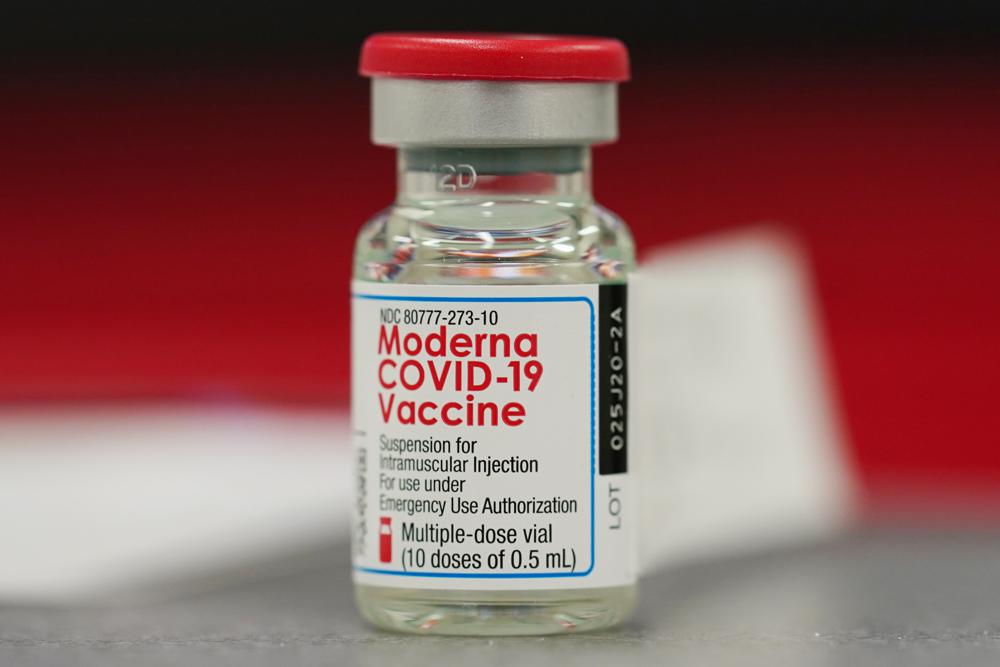
Associated Press
Why AP Media Bias Deserves High Level of Scrutiny
The Associated Press has historically been considered the "gold standard" of objective journalism. It operates a wire service, meaning local and national news organizations around the country use AP's content to fill gaps in their coverage. That means AP news content has extremely wide impact and reach.
As such, AllSides does particularly extensive analysis of AP. When AP displays political bias, or fails to portray political events, legislation, and perspectives in a balanced and even-handed way, the impact is broad and far-reaching. A media outlet that is relied upon by outlets all over the country deserves a high level of scrutiny when it comes to political bias.
U.S. regulators on Wednesday signed off on extending COVID-19 boosters to Americans who got the Moderna or Johnson & Johnson vaccine and said anyone eligible for an extra dose can get a brand different from the one they received initially.
The Food and Drug Administration’s decisions mark a big step toward expanding the U.S. booster campaign, which began with extra doses of the Pfizer vaccine last month. But before more people roll up their sleeves, the Centers for Disease Control and Prevention will consult an expert panel Thursday before finalizing official recommendations for who should get boosters and when.
The latest moves would expand by tens of millions the number of Americans eligible for boosters and formally allow “mixing and matching” of shots — making it simpler to get another dose, especially for people who had a side effect from one brand but still want the proven protection of vaccination.
Specifically, the FDA authorized a third Moderna shot for seniors and others at high risk from COVID-19 because of their health problems, jobs or living conditions — six months after their last shot. One big change: Moderna’s booster will be half the dose that’s used for the first two shots, based on company data showing that was plenty to rev up immunity again.











